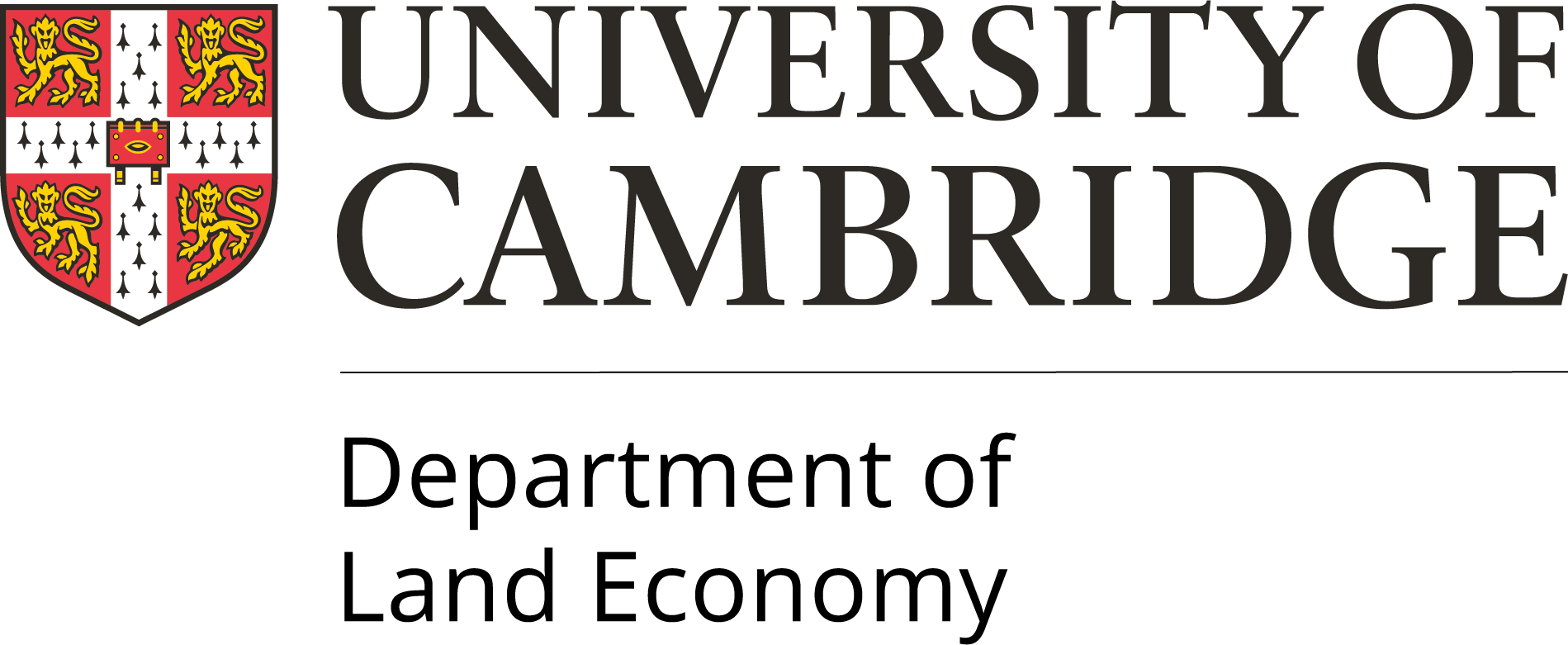Academic profile
|
Dr Hannah Holmes is a Research Associate at CCHPR. Since joining CCHPR in 2019, Hannah’s work has spanned several different research projects. These include research on urban governance in Smart Cities, which considered stakeholder engagement in Smart City initiatives, the ethics of decision-making in Smart City governance, and the logics which underpin the selection of particular kinds of Smart initiatives in different cities in the UK. Hannah has also delivered a research project examining the relationship between an increased use of offsite construction and regional inequalities in the UK. In addition, having developed several interconnected research projects converging around the theme of digital exclusion, she has a strong interest the relationship between housing inequalities and digital inequalities. Current projects include:
Hannah completed her PhD studies at Durham University, where her work focused on marginality and territorial stigma in the regeneration of Middlehaven, Middlesbrough and she has a particular interest in marginal urban economies, urban regeneration and governance. |
Teaching
|
This year, Hannah is teaching on:
|
Research interests
|
Hannah’s research interests include:
|
Publications
|
Category/Classification
|
Housing, urban inequalities, regeneration, gentrification, territorial stigma |

